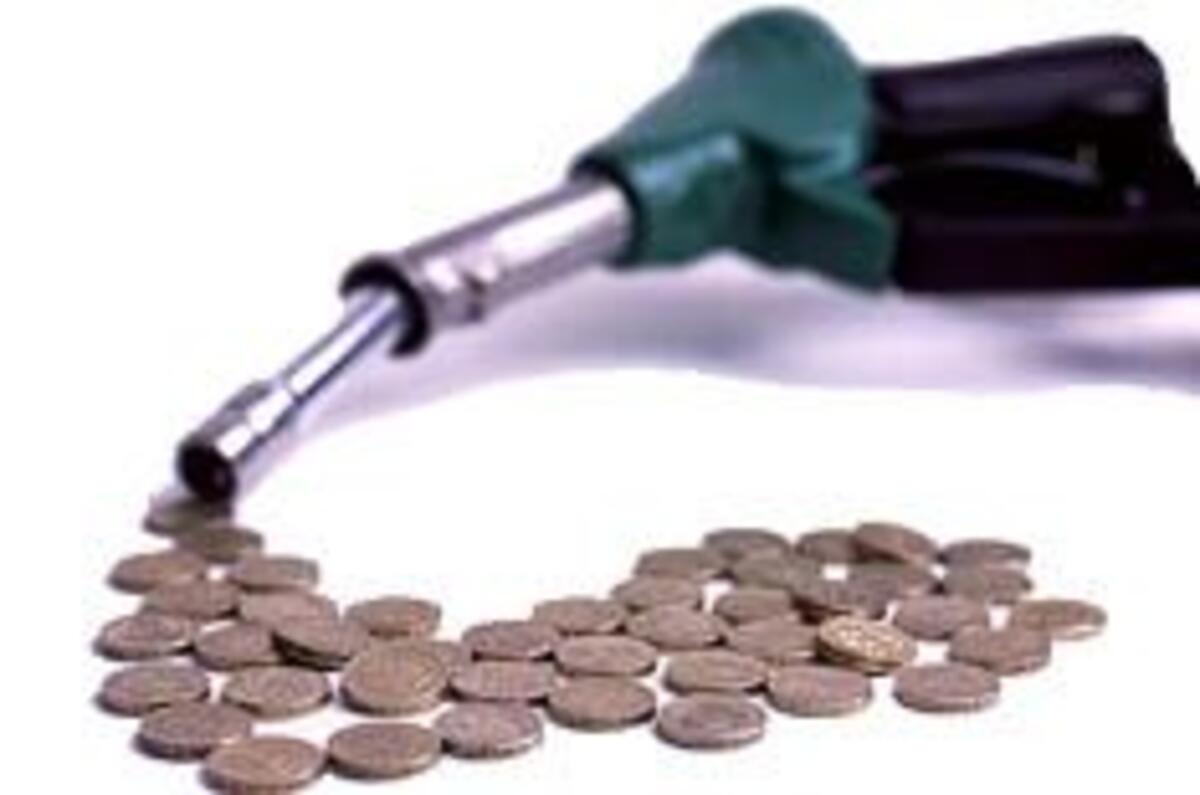Oil tankers anchored off the coast off Devon are helping contribute to the soaring cost of petrol and diesel in the UK, according to reports.
Prices are expected to have risen 26 per cent year on year by Christmas, and tankers are cashing in on the ever-rising prices by parking off the coast and waiting for prices to rise further.
For more than two months, several oil tankers have waited off the coast of Brixham in Lyme Bay. The equivalent of around 340 million litres of fuel remains on the ships, which would be enough to fill up around seven million cars.
AA president Edmund King told the Daily Mail: “Traders and speculators seem to be storing up oil until the price rises. Drivers can expect more hikes in the pipeline. Motorists are paying the price of this at the pumps.”
The first tanker arrived on 24 September and there are five there in total. Since arriving, the value of the oil on board has risen from £313m to £378m, more than £1m a day and a 21 per cent profit.





Join the debate
Add your comment
Re: Speculators push up fuel prices
As someone actually working for a tanker owner I find some of these responses ridiculous - buying oil and storing it on your ship in anticipation of rising prices does not constitute screwing the consumer, it's simply taking advantage of fluctuations in price of a commodity. Further, most of the tankers that lay-up, aren't sitting there waiting for prices to soar, but the oil onboard was sold for future delivery before it was bought in the first place, as prices were very low at one point.
The mathematics are very simple and I cannot see how you can argue that the government should intervene. Essentially the way it worked was :
Big Oil Company (BOC) noticed about a year ago that crude oil was trading at 55 dollars (per barrel=roughly 160 litres). At the time they figured as the recession began to ease in future, demand for oil and fuel would increase, thus increase the cost of their basic product: crude oil. They figured that with rising oil prices, they can charge more at the pump for the refined fuel. So they sat down with all their wonderful calculators and models, expensed some dinners, and arrived at a future oil price of say 80 dollars (which we have recently seen). They couldn't buy lots of oil at the time as they had nowhere to store it. Different companies chose different strategies. Some companies contacted shippers and asked to just charter (rent) the ships for a year, agreeing a fixed daily rate, as far as the shipper was concerned, this was all the same as driving the ship about, except he had to pay less to fuel it (and a large crude carrier can use up to 90 tonnes a day) and tell some of the crew to go away for a year. Smiles all round thus far. Essentially, a very large crude carrier can hold 2m barrels of oil. If they filled it up at $55 a barrel, and oil today costs $80, they've saved $50 million. Now, imagine if you've done this with 4 ships... you've saved $200m compared to going out for the crude today (barring the roughly $12M it would cost to rent such a tanker for the year). The tankers in Lyme Bay are slightly smaller but you get the picture. You seriously cannot berate someone for taking advantage of low prices a year ago to store something and sell it at a higher price in future - it's trading commodities at its very simplest and frankly there are enough oil companies operating that it can be a competitive business.
The other method was also simple, oil companies would agree to buy in future, say in a year, crude oil at a given price which was less than they expected real prices to be. Call it $70. Now Johnny shipowner sits down, and figures he can rent out the boat for $12M, OR he can get in touch with the oil company and take them up on their offer. He'd then go out and buy the oil, put it onboard and sail the vessel off to wherever close to the delivery point. He reckons compared to just renting it out he made an extra $3M. Which he can go and spend on a Veyron, or giving me a bonus, or something else silly.
Either way, people are built such that if they see the opportunity to make money, they will take it. To the chap who wanted to increase mooring costs - the tankers have engines and can move themselves very easily if costs become prohibitive, only to return and unload later, stripping the local authority of whatever they are presently paying to lie there. I can appreciate a certain apprehension toward big tankers moored just off the coast, but recent legislation is outlawing single-hull tankers that are far more likely to experience breaches of the hull in favour of far sturdier and safer double hull variants.
I know the above doesn't have much to do with cars, but before you start berating speculators, it's worth considering that even with the massive oil price spike in 2008, the average oil price over the last five years is $77 a barrel, or virtually where we are now. Berating people who make their living trading commodities for assuming prices which were very low a year would revert to the mean is lunacy.
Anyway, hope the post is insightful and clear !
Re: Speculators push up fuel prices
Re: Speculators push up fuel prices
the answer is simple, charge them £1 million a day to moor the tankers...they are after all taking up space and are a floating hazard should another storm hit the UK